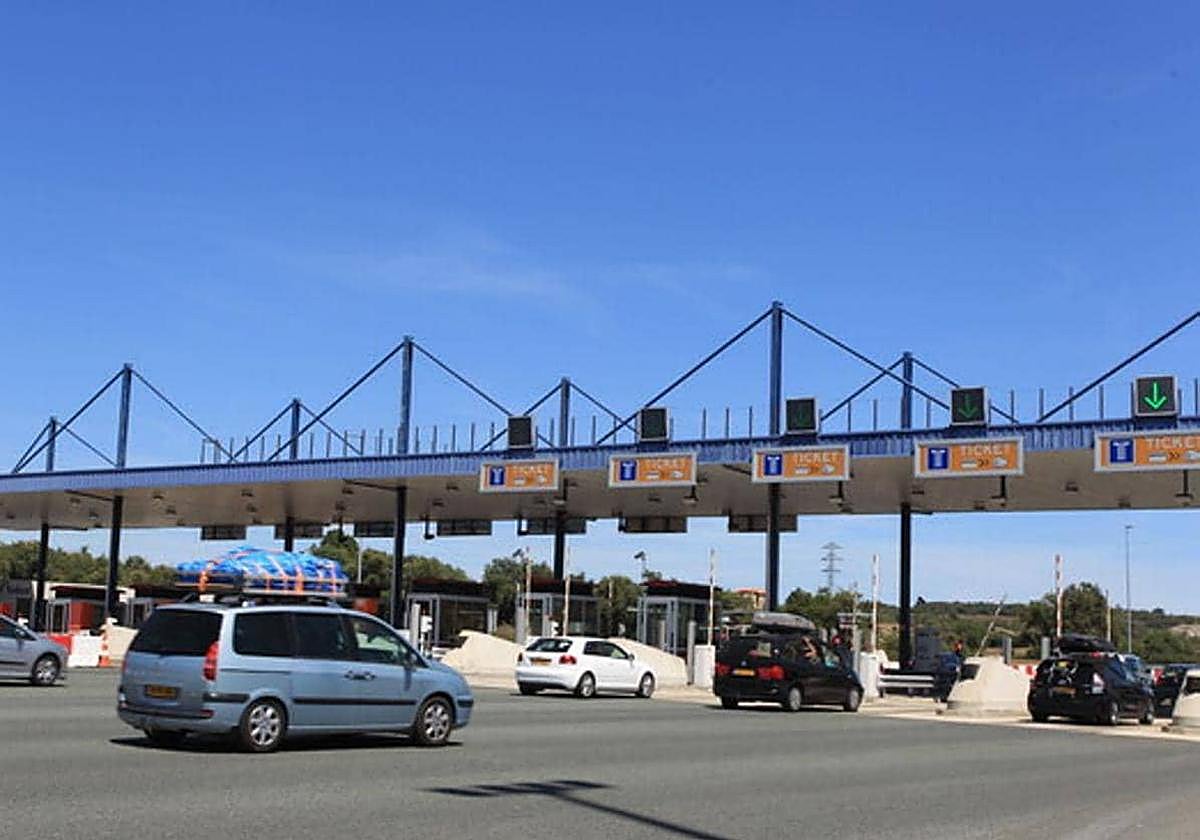Toll road price increases in Spain will be linked to inflation next year, the same as before the crisis
Companies in the road transport sector estimate that the country needs to invest 150 billion euros in the infrastructure to meet the growing demand for mobility
The investment in transport infrastructures needed in Spain to provide a solution to the rising demand for mobility and the modernisation of networks amounts to more than 150 billion euros, according to calculations by Seopan, the association of construction companies and concessionaires. On the roads alone, the necessary investment is 24 billion euros, given that these infrastructures do not have their own financing, as is the case with other infrastructures such as airports (with the fees charged by Aena to airlines) or in the railway sector (with infrastructure comapny Adif's fees).
On several occasions the transport minister, Óscar Puente, has put on the table the need to finance roads with a pay-per-use system, as is the case in practically all of Europe. The government even included this proposal in its reform plan before the European Commission, although it was later withdrawn - a means of transport that supports 86 per cent of the mobility of people and 93 per cent of goods in the country. But for the time being there will be no generalised pay-per-use system and the toll roads in force will once again raise their rates in line with inflation in 2025, without subsidies from the state and continuing with the model prior to the inflationary crisis.
This was explained by the president of Seopan, Julian Núñez, during the presentation of the report 'Análisis de la Inversión Prioritaria en Infraestructuras en España' (analysis of priority infrastructure investment in Spain) on Monday in Madrid. "The increase is automatic in line with inflation. The government wanted to attenuate the increase in other years due to the high consumer price index (CPI) , but we don't think it will happen this time because inflation is already very controlled," Núñez said in response to questions from journalists.
In 2023, road tolls were increased by four per cent instead of the nearly 8.4 per cent that would have been in line with the 2022 CPI, in order to ease the impact on families. The government committed to compensating the toll operators over the following years. The operators of the 1,500-kilometre network of state toll roads (the main ones being Abertis, Itínere, Glovalbía, and Ausol), which generate around 1.5 billion euros in revenue annually, were unwilling to lose half of what they would have earned in 2023 if the CPI-linked increase had been applied. As a result, after intense negotiations, the ministry of transport established compensation for them, although it was far less than what they had requested. In 2024, this compensation was already reflected in tolls, which increased by between five per cent and 6.65 per cent, above the CPI.
The ministry of transport said that it is studying what the exact increase will be as of 1 January and that "nothing has been decided yet". If the average inflation rate calculated by organisations such as Funcas for 2024 is taken into account, tolls will rise by around 2.7 per cent on 1 January.
150 billion investment
Beyond roads, of the almost 151 billion investment that Seopan calculates as necessary for transport infrastructures, more than 85 billion are actions planned at some point by the government with an execution horizon of 2024-2035. Another 57 billion would be earmarked for the modernisation of existing networks and another 8.6 billion for new innovative projects.
And of the 85 billion in investments already contemplated by the state, 51.2 billion are railway works, 16.5 billion of them in high-speed networks. The main objective is to ensure greater mobility in a more sustainable way and to alleviate congestion problems.
Railways
This is not only for passengers, but also for freight, since the government's objective was that railways would allow freight transport to be shifted from roads to trains and decongest motorways. The proposal was for ten per cent of freight to be transported by rail by 2030, a "completely unrealistic" target, given that currently it is not even reaching four per cent.
The president of Seopan said that it is a "necessary" objective, but that it is "very difficult" that in five years Spain will reach a quota that in 30 years it has not been able to. "Investments and efforts have to be made, but I don't think it will be achieved."
The report carried out by the engineering firm Sener at Seopan's proposal concludes that this commitment to high-speed rail would generate a profit of almost 60 billion euros over 30 years of operation.

